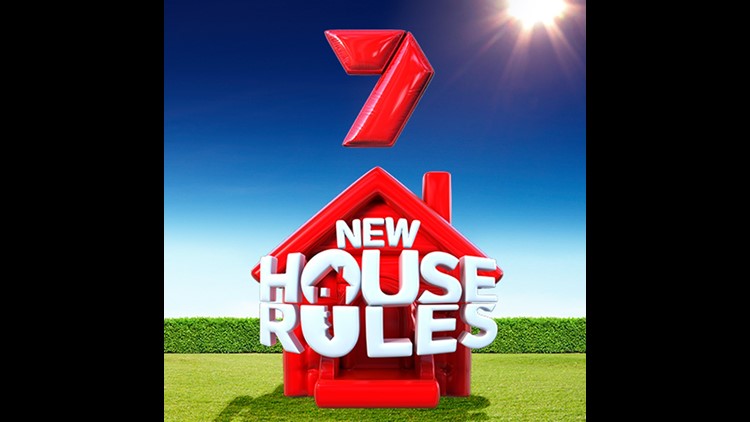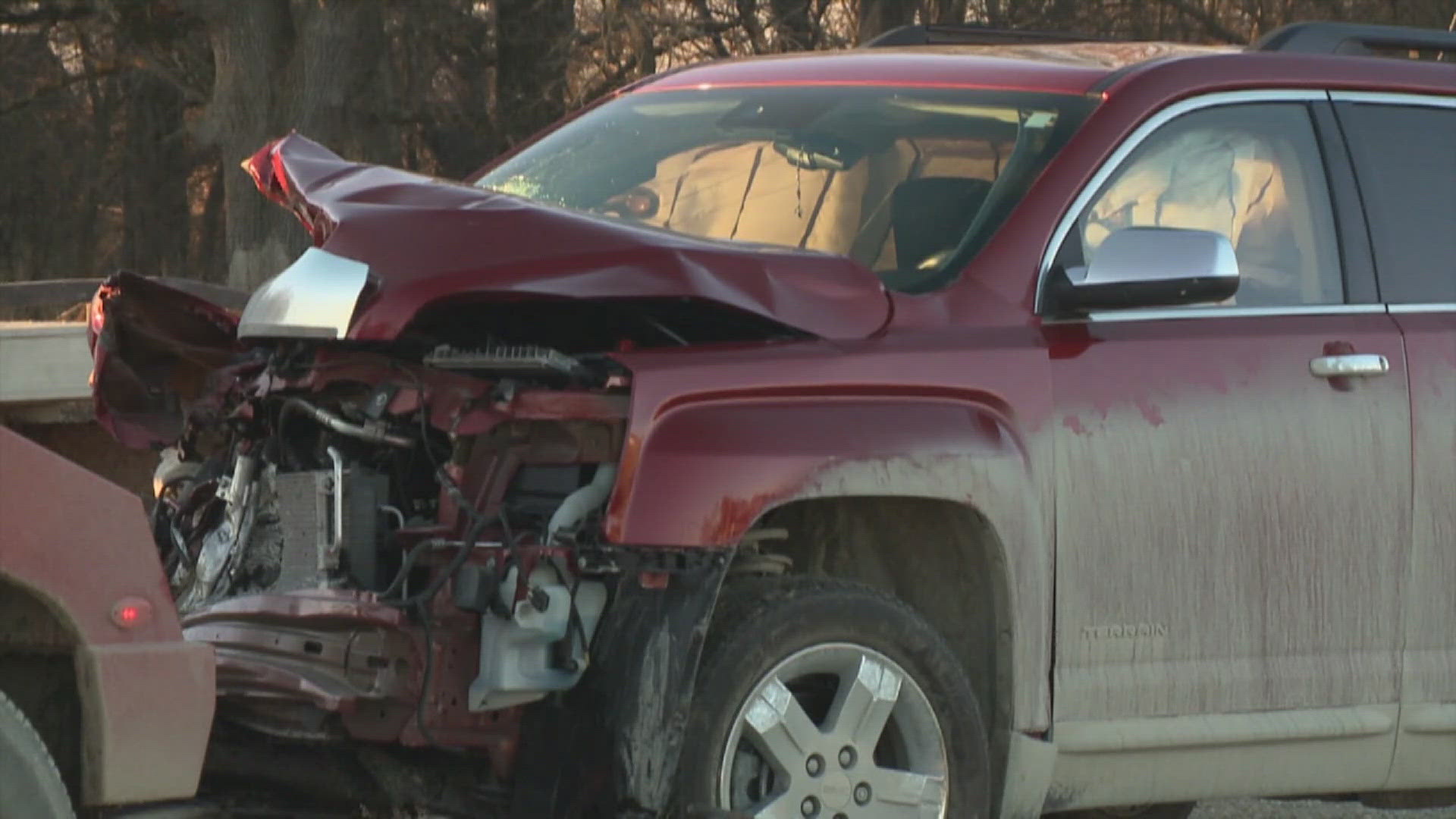(CNN) — When Nicole Prince signed up to take part in Australian reality TV show “House Rules,” she likely expected a turbulent experience.
The show’s format is novel: it pits couples against each other as they renovate a house, ultimately receiving scores from a panel of judges and the homeowner.
But in keeping with the tradition of reality television, “House Rules” — a cult favorite since it first aired in 2013 — is often filled with tension, arguments and heated competition.
Nonetheless, Prince was unprepared for the ordeal she allegedly underwent on the show — and its effects long after filming ended.
In a landmark ruling made last month, which came to public attention last week, the New South Wales Workers Compensation Commission determined she should be compensated for it.
According to the ruling, Prince told the commission she and her teammate, Fiona Taylor, were “harassed and bullied during the filming” between November 2016 and May 2017.
“It was not only condoned by the producer, but it was aggravated even encouraged by them,” Prince said, alleging the two were put up in a grotty motel room, isolated from other contestants, and even physically assaulted, according to the report.
Then, when the footage aired months later, it was selectively edited and the pair were portrayed as “bullies” in the episode, she said.
“I am no longer offered interviews for jobs and work,” Prince said, according to the ruling. “I feel devastated and worthless about the loss of my career and working life … after my episode aired I wanted to kill myself and I started drinking more alcohol in an attempt to self-medicate my injury.”
The ruling says Prince subsequently filed a worker’s compensation claim, stating, “injury caused by employers [sic] systematic isolation of myself and encouragement of bullying by co-competitors resulting in the following injuries: adjustment disorder, anxiety disorder, depression and PTSD.”
Australia’s Channel Seven, the network which airs “House Rules,” argued Prince had never been its employee and that it was not liable for her alleged mistreatment.
The network’s attorney said that Prince was a “contestant,” who didn’t provide a service and because she had no skills or experience related to renovation, she would not be deemed a worker under the country’s entertainer provisions.
However, the commission found that, despite a contract which stated otherwise, she had indeed been an employee of Channel Seven network — which owed her a duty of care, and would now be forced to pay her compensation. The commission said Prince, who was paid $500 per week plus given an additional allowance of $500 per week, was an “integral part of the show.” CNN has contacted Channel Seven for comment.
Contestants on another Australian reality show, “Married at First Sight,” have already indicated to Australian news site news.com.au that they may launch their own challenges after news of the ruling was shared.
And experts say the verdict could have wider ramifications for a genre long accused of manipulation and deceit — potentially sparking a new era of reality TV.
‘Producers hold a lot of power’
The Australian case was a “significant ruling,” according to Honey Langcaster-James, a former resident psychologist on UK shows including “Love Island” and “Big Brother.”
“My view has long been that people taking part in reality TV are working — they’re not just living their everyday life in an unusual environment,” Langcaster-James tells CNN. “There is an implicit pressure to behave in certain ways — they’re not free to come and go as they please, they’re often set tasks. There is a lot in common with a working environment.”
The rules that “House Rules” producers put in place, revealed during the Commission’s hearing, included stipulations that contestants “can be filmed at any time of day or night,” that “producers must be kept informed of plans, movements and whereabouts at all times,” and an insistence that “private socialising under any circumstance is strictly prohibited.”
That dynamic also breeds its own power structure, Langcaster-Jones says. “Producers can hold a lot of power … as a viewing public we want more and more drama, and more and more intrigue — so there is an inherent pressure on producers to produce watchable TV.”
“Sometimes the lines get blurred between creating good television and what is in the long-term interests of participants,” adds Langcaster-James, who has created the group On Set Welfare to provide psychological consultations to the TV and film industry.
And suggestions that reality TV producers are more concerned with watchability than welfare have never been far from the surface.
In 2017, for instance, Sarah Goodhart, star of the UK show “Geordie Shore,” published an 18-minute video in which she claimed reality TV creators are “exploiting” vulnerable people.
Goodhart said in the clip, which has since been taken down, that she was a “vulnerable and messed up person … placed into an environment that was never going to be any good for me.”
CNN has contacted the makers of “Geordie Shore” for comment.
But the Australian verdict that contestants are employees of production companies could change that structure — forcing the firms to prioritize their treatment and well-being or contend with employment tribunals.
Are scandals prompting change?
Some observers will feel the decision is long overdue. In the UK, the wellbeing of contestants on reality TV has been under a spotlight for months — prompted by the deaths of two “Love Island” contestants” and then by a scandal around the “Jeremy Kyle Show.”
The latter program, a staple of daytime TV in Britain for 14 years that exposed family and relationship disputes in front of a studio audience, was canceled earlier this year after a former guest died by a suspected suicide. Broadcaster ITV later issued a statement saying its “thoughts and sympathies” were with the family and friends of the contestant who died, Steve Dymond.
The fallout led to questions about how the show, considered by many to be cruel and exploitative, was allowed to run for more than a decade.
“I don’t know how it lasted so long,” media psychologist Jo Hemmings tells CNN. “It was a really nasty piece of TV — it’s bear baiting. I’m shocked that there hadn’t been previous incidents.”
The scandal also prompted many viewers to re-examine their own watching habits, she adds: “Some people were shocked that they watched it for so many years and hadn’t quite taken on that this awful pantomime was real, and people had been worked up into a frenzy.”
“Love Island,” the annual hit that shapes gossip columns and water cooler conversations every summer, has also found itself under a cloud of criticism; several contestants felt the wrath of social media during their time on the show, with one — Eyal Booker — telling CNN earlier this year that the show brought “ups and downs.”
In a statement, ITV said it had boosted its duty-of-care processes for this year’s show. It said changes include “enhanced psychological support, more detailed conversations with potential Islanders regarding the impact of participation on the show, bespoke training for all Islanders on social media and financial management and a proactive aftercare package which extends our support to all Islanders following their participation.”
As a result of the twin controversies, the UK’s largest broadcasting union, Bectu, passed an emergency motion expressing concern about the level of support offered on such shows — and watchdog Ofcom recommended two new rules that would make broadcasters liable for the well-being of reality contestants.
“I can see (the industry) changing, but I don’t know how widespread that change is,” Hemmings says. “Some shows are quite highly edited, quite highly manipulated, it’s the nature of the show — and I have to tell them that,” she adds.
And ultimately, Hemmings says tension will always be the key ingredient in any reality show’s success.
“We don’t want to watch people sitting around having a cup of tea all agreeing with each other,” she says. “We want to see a bit of jeopardy, we want to see conflict. But you have to have people in there who are prepared for it.”
‘A difficult transition’
The Australian ruling also shone on a light on a frequently overlooked aspect of reality programming; the period in a contestant’s life once the cameras are off.
“It’s a difficult transition, and a lot of it is down to people’s expectations in the first instance,” says Hemmings, who has been involved in the process of selecting contributors for programs. “If they don’t have a Plan B, which may be going back to their own jobs, it worries me.
“If all they want to be on there for is the fame and fortune, it kind of bothers me,” she adds. “The higher the expectation, the harder your fall.”
Langcaster-James adds that she has worked with contestants who have been denied work due to how they were portrayed on shows in the past — a key component of Prince’s complaint against the makers of “House Rules.”
The advent of social media has played a large role in the way reality stars are viewed, she adds. “Now, whatever happens on a show, it doesn’t just finish when filming ends or when the broadcast has taken place.
“It can potentially last indefinitely online, there’ll be gifs and memes and clips online that can go viral. The individual’s identity can be all over the internet forever more,” she says. “That can have an impact.”



